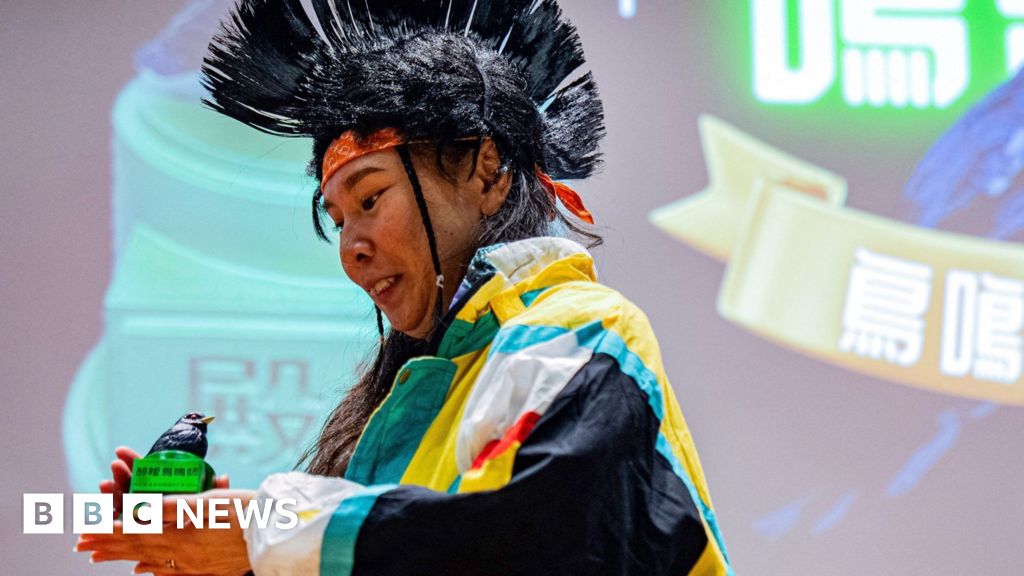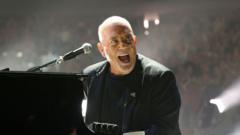Recently, two sisters from southwestern China spent a whirlwind twelve hours in Hong Kong, indulging in local cuisine like beef noodles and snapping photos against the city's iconic skyline. However, their spending was minimal—less than $150, reflecting a broader trend among mainland tourists who now prioritize quick, cost-effective visits over lavish expenditures. Once the backbone of Hong Kong's luxury retail market, these tourists are increasingly focused on essentials and low-cost souvenirs—a stark contrast to the pre-pandemic days when shopping drove their spending.
To counteract the dip in spending and visitor duration, Hong Kong is making a concerted effort to shift its marketing strategies. The city now promotes concerts, trade shows, and major sporting events to entice high-spending tourists back to its shores. A new $4 billion sports park, featuring a state-of-the-art stadium at the historic Kai Tak site, exemplifies this strategy. This venue boasts innovative air-conditioning systems and successfully drew large crowds during recent sporting events, showcasing its potential as a multi-functional attraction.
With these initiatives, Hong Kong hopes to reclaim its status as a premier travel destination, encouraging tourists to linger longer and spend more while exploring the rich array of cultural and entertainment experiences the city has to offer.
To counteract the dip in spending and visitor duration, Hong Kong is making a concerted effort to shift its marketing strategies. The city now promotes concerts, trade shows, and major sporting events to entice high-spending tourists back to its shores. A new $4 billion sports park, featuring a state-of-the-art stadium at the historic Kai Tak site, exemplifies this strategy. This venue boasts innovative air-conditioning systems and successfully drew large crowds during recent sporting events, showcasing its potential as a multi-functional attraction.
With these initiatives, Hong Kong hopes to reclaim its status as a premier travel destination, encouraging tourists to linger longer and spend more while exploring the rich array of cultural and entertainment experiences the city has to offer.

















